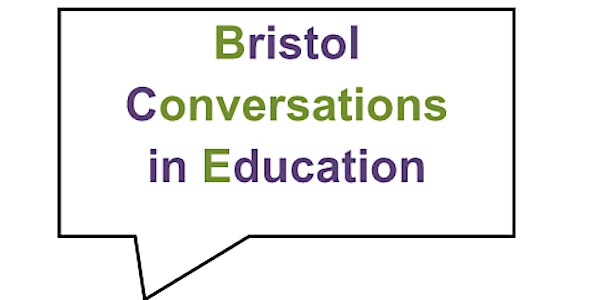
Socio-Economic Inequality in the Primary School Years: A Cross-National Comparison
Date and time
Location
Room 4.10
Graduate School of Education Bristol BS8 1JA United KingdomDescription
This seminar is part of the Graduate School of Education's 'Bristol Conversations in Education' seminar series.
Speakers: Dr Liz Washbrook
In all countries children from socio-economically disadvantaged backgrounds begin compulsory schooling with lower levels of learning and social skills than their better-off peers. These disparities make it harder for schools to ensure equal learning opportunities for all, and have long-term consequences for social inequality in economic outcomes. The size of these socio-economic gaps at school entry, however, differs across countries and across time, with the implication that providing a fair start for all children is at least partly within a society’s control. In this talk I will present results from a collaborative research project on the trajectories of children from different socio-economic backgrounds in the USA, Canada, the UK and Australia. Using unique nationally representative data from recent birth cohorts in the four countries, we explore how a child’s socio-economic status (SES) influences their skills at school entry, and how these two factors then interact to affect progress throughout the primary school years. Despite the fact that our four chosen countries can be considered “similar” in many ways, there are clear differences among them in the penalties to being born into a low SES family. Inequalities in many of the key resources available to children from families, schools and the state mirror the cross-national patterns in outcome inequalities, and point to multiple potential mechanisms for raising the attainment of disadvantaged children.